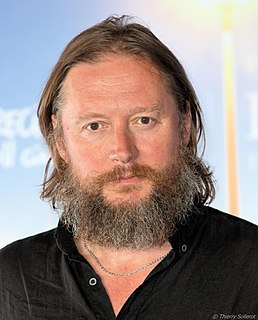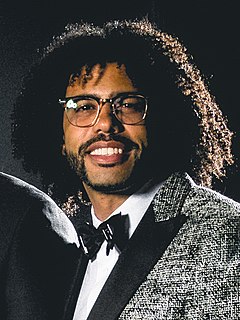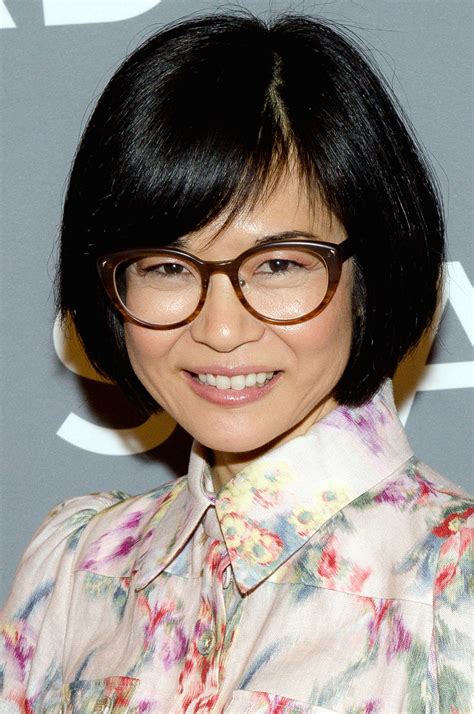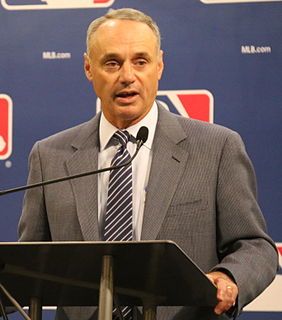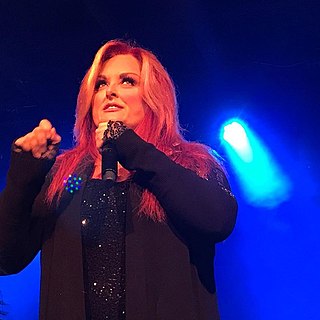A Quote by David MacKenzie
A lot of cinema is about the game of authenticity - do you feel it's real?
Related Quotes
I think what I loved in cinema - and what I mean by cinema is not just films, but proper, classical cinema - are the extraordinary moments that can occur on screen. At the same time, I do feel that cinema and theater feed each other. I feel like you can do close-up on stage and you can do something very bold and highly characterized - and, dare I say, theatrical - on camera. I think the cameras and the viewpoints shift depending on the intensity and integrity of your intention and focus on that.
Baseball is actually interesting, I don't find me to be that interesting. But I am realistic enough to understand it's not about me, it's about the fact that I'm speaking for the game and people care so deeply about the game that they're watching to make sure that you do the right thing. And I feel a real responsibility to try to do the right thing as a result.
